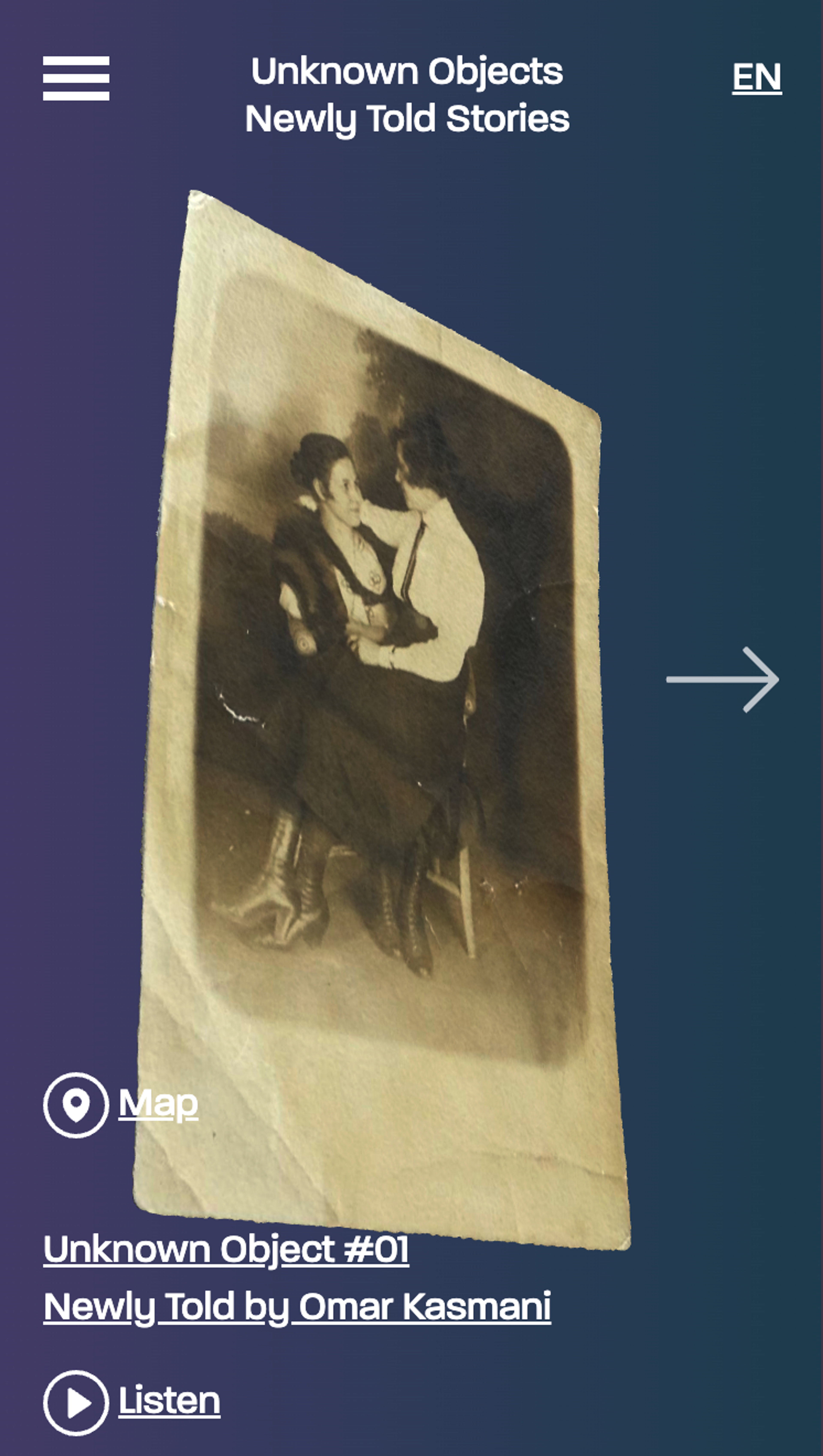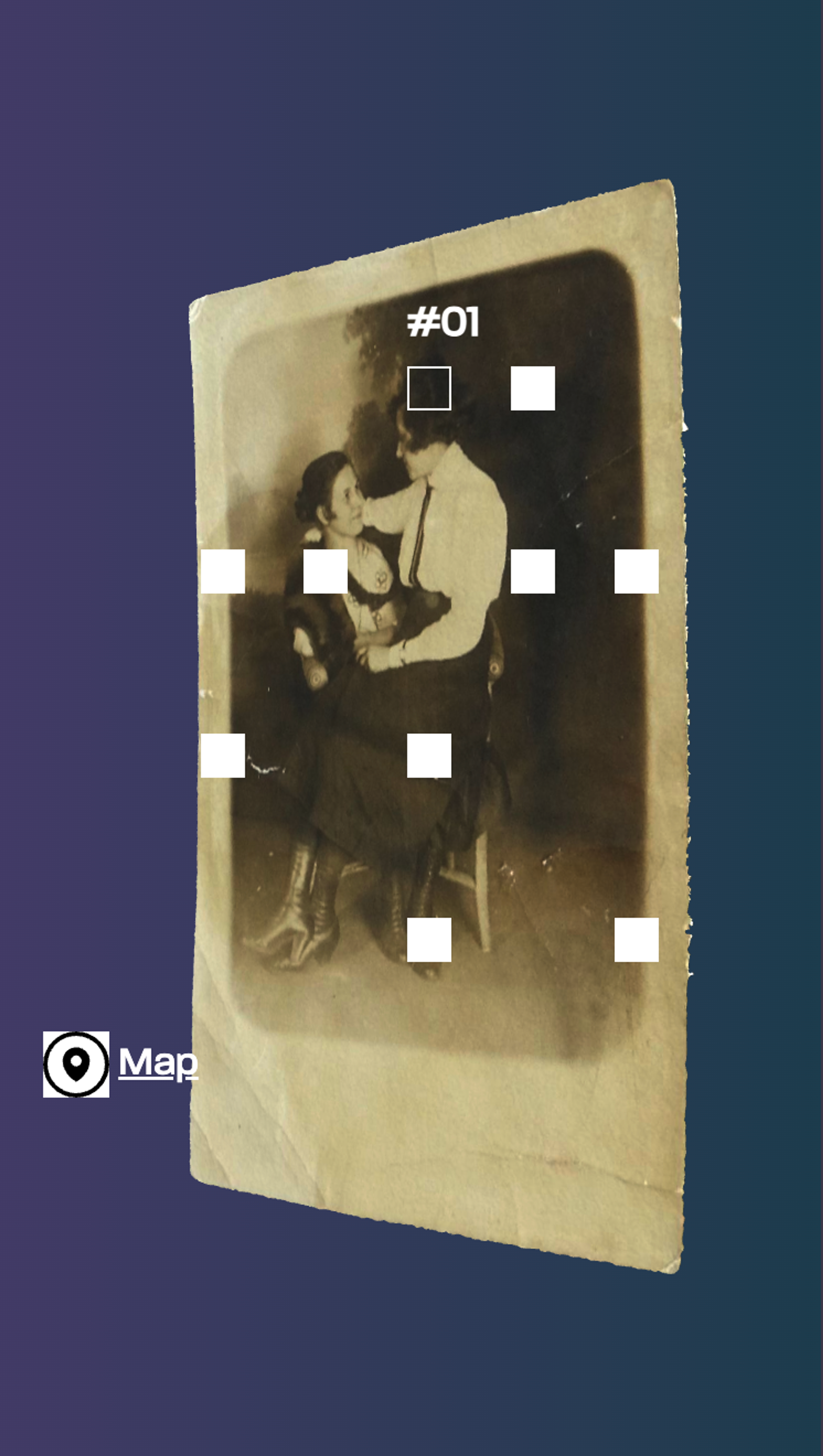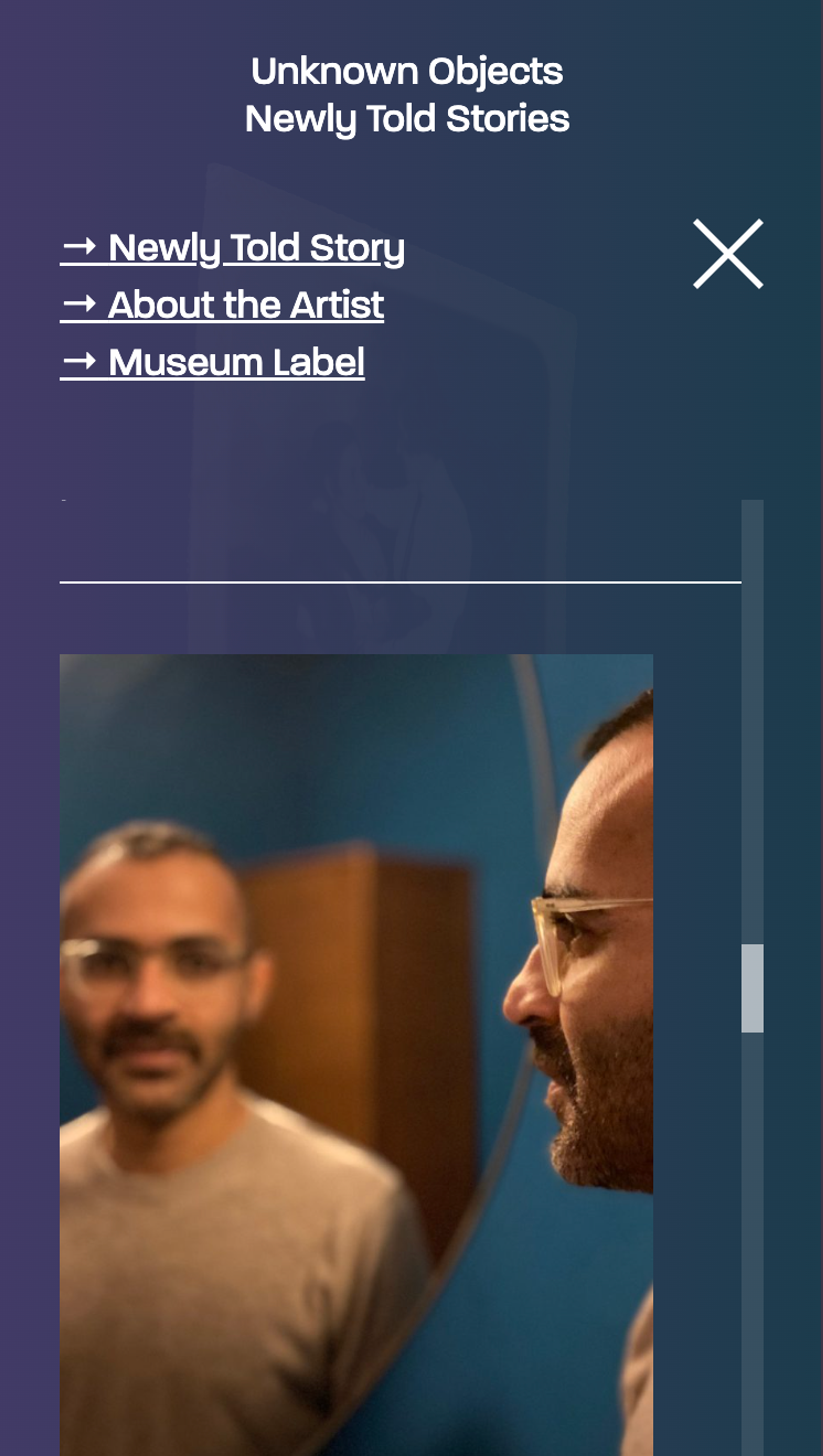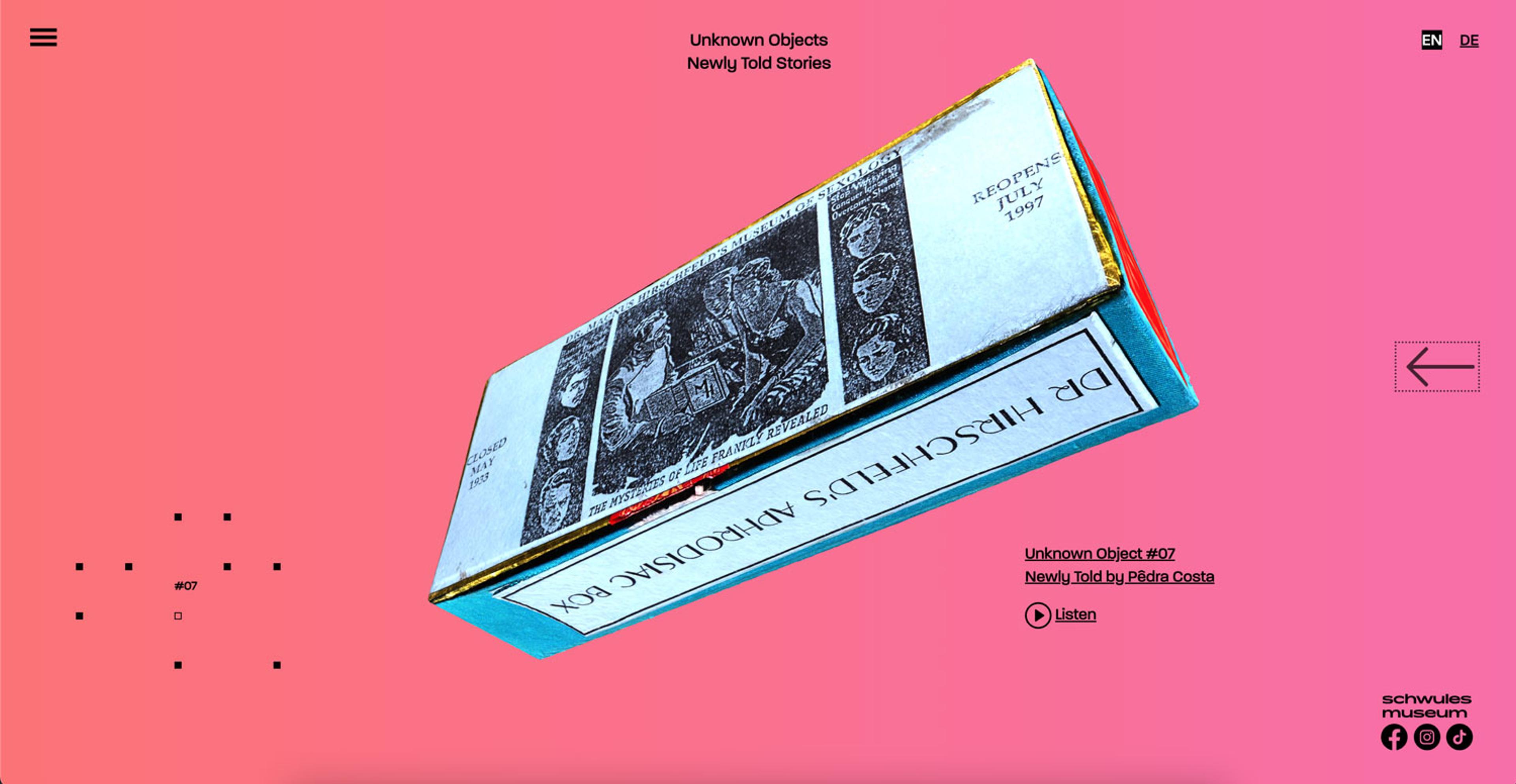
Unknown Objects Newly Told Stories
In this project, the Schwules Museum Berlin presents a two-part scene: on one hand, little-known objects whose stories have never been told, and on the other hand, remarkable pieces from their archives, with stories that are often familiar but sometimes incomplete or even distorted.
The museum invited a diverse group of authors to write exhibition texts about an object of their choice, giving it a new story. The authors had complete freedom regarding the genre: the object could be analyzed, discussed, described, narrated, sung, or explored in any other form. The objects were digitized in 3D and the texts recorded by the authors. Thus, these stories can now be read or listened to while the object moves through the virtual space.
Services
Web Development, Tailored Management Interface, Web Design · UI/UX
For and with
Schwules Museum Berlin
Full team



Unknown Objects Newly Told Stories is a digital exhibition by the Schwules Museum Berlin that highlights the emotional and aesthetic qualities of relics from their archives.
Upon entering the site, a photograph in levitation slowly rotates, depicting an intimate scene between two women in Pakistan in 1959. Clicking on the link ‘Unknown Object #1’ reveals the story of this object as told by the artist Omar Kasmani. The narrative is also available in audio format. To the right of the screen, an arrow guides us to the next discovery. On the left, a layout of the exhibition presents the various artworks arranged in the space. Navigation is done by clicking on the arrow or the exhibition layout, and in both cases, we are transported into a universe of vibrant colors. The 10 objects in the exhibition are presented by queer artists from Berlin.

Schwules Museum Berlin
The Schwules Museum (SMU) was founded in 1985 to provide a home for the history and culture of gay men and their emancipation movement, narratives that have been devalued and excluded by mainstream society’s museums and archives. It aims to house artistic works, life testimonies, and the documentation of social movements. Since then, the institution has evolved: Today, the SMU stands as the most important international center for researching, preserving, and presenting the culture and history of queer individuals, sexual and gender diversity, and is a sought-after collaborative partner for museums, universities, cultural support institutions, artists, and activists from around the world.
Visit websiteSchwules Museum Berlin↗